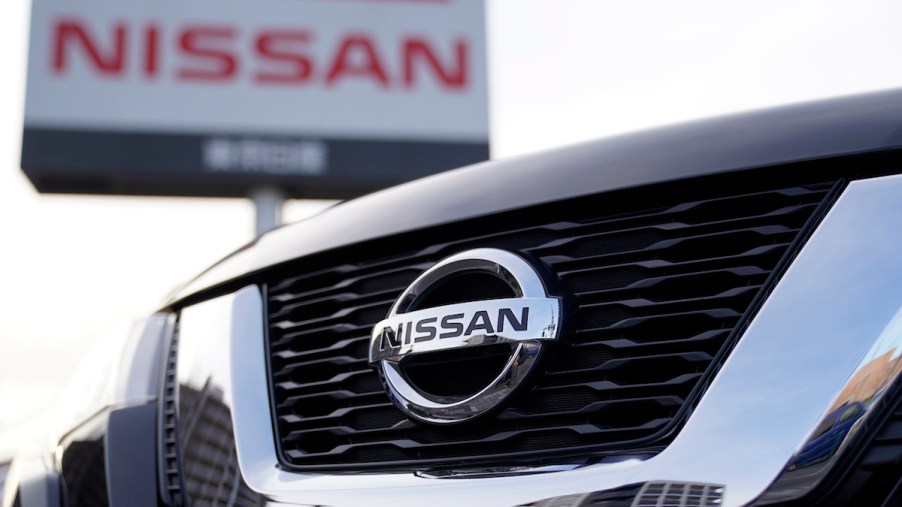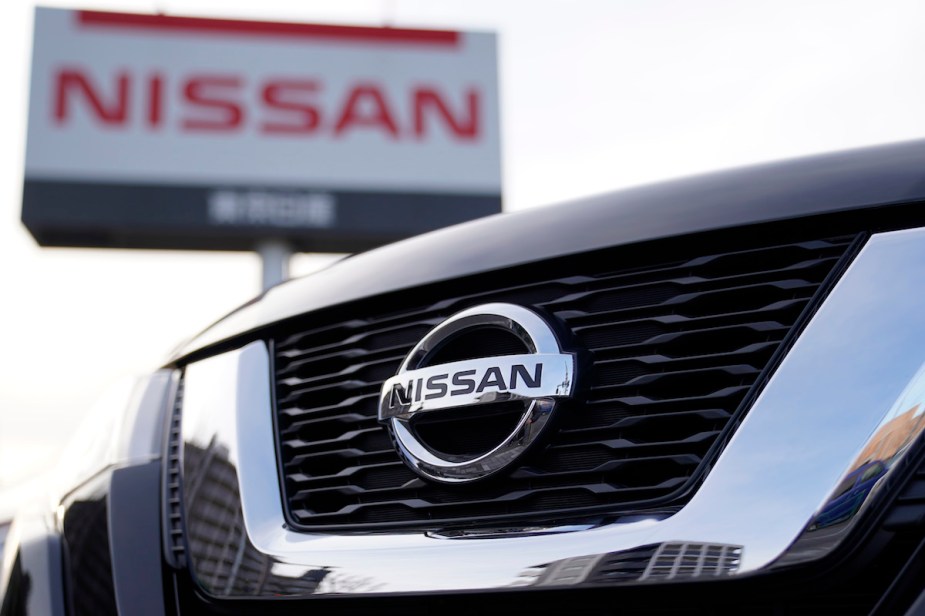
How Much Does a Nissan Tune-up Cost, and What Do They Do?
Keeping up with your Nissan‘s regular maintenance means you get optimal performance and fewer chances of major breakdowns. With that, you save on fuel costs and significant repairs and avoid the inconvenience of your car breaking down or stalling in the middle of the road. Naturally, tune-ups are a considerable part of the maintenance schedule, but how much do they cost, and what do they include?
The cost of a Nissan Tune-up

For most Nissan models, tune-ups typically cost between $300 and $550.
The Nissan Pathfinder is one example of a model whose tune-ups cost over $500. According to RepairPal, spark plug replacements for the SUV average $295 to $420, with spares taking up between $73 and $141 of that cost. Adding other tune-up expenses, like fuel inspection and replacement, air filter replacement, and more can easily push it past $500.
The current top-of-the-line Nissan Armada is another example, with RepairSmith estimating tune-ups cost $411 to $503 for the 2018 models.
On the other hand, the Nissan Versa is among the manufacturer’s most affordable models and will likely cost you less for tune-ups as well. Spark plug replacement for this model costs an estimated $211 to $278, with the labor included. Once you add the other tune-up expenses, the bill may be between $300 and $400.
Estimates for a 2016 Nissan Rogue, according to RepairSmith, are $276 to $336, while those for a 2017 Nissan Altima range between $365 and $446.
What is included in a tune-up?
Top on the list of tune-up priorities is the inspection and replacement of spark plugs. This may also involve checking the ignition wires and coils for integrity issues and replacing them if necessary. Faulty spark plugs not only lead to poor fuel economy but, if left alone for long enough, could do irreparable damage to the engine. They may also be responsible for the lack of power when you put your foot on the throttle.
Other aspects of your engine that need inspection and possible replacement include belts, fluid lines, hoses, air filters, and engine fluids. Your mechanic may also want to look into air leaks in the engine, battery integrity, and exhaust emissions to ensure your car complies with current EPA standards.
Finally, a quick check on your car’s onboard diagnostics scanner can help pinpoint other issues before you roll it out of the repair shop.
There may be other services offered with your tune-up, like tire rotations, but it’s worth noting they’ll come at an extra charge. That said, if you have the funds, getting your car into the best shape possible doesn’t hurt.
Also, while most mechanics should be able to handle a simple tune-up without much fuss, it might be best to go to a Nissan dealership or someone you trust. That way, you get genuine spares, ensuring you get through the next 5,000 miles without problems.
How often should you go for a tune-up?
With most Nissan models, the automaker recommends a tune-up once every 5,000 miles or six months, depending on whichever comes first. While it’s best to keep up with this maintenance schedule, you might need to take your car in for a tune-up even prior to the 5000 miles or six-month mark. After all, you shouldn’t ignore potential issues just because it isn’t the scheduled time to take your car to the repair shop.
Some reasons to expedite your next tune-up include high fuel consumption, problems accelerating, the engine misfiring, trouble starting, and more. Weird noises from under your hood also indicate issues, and you might even get the check engine light.


